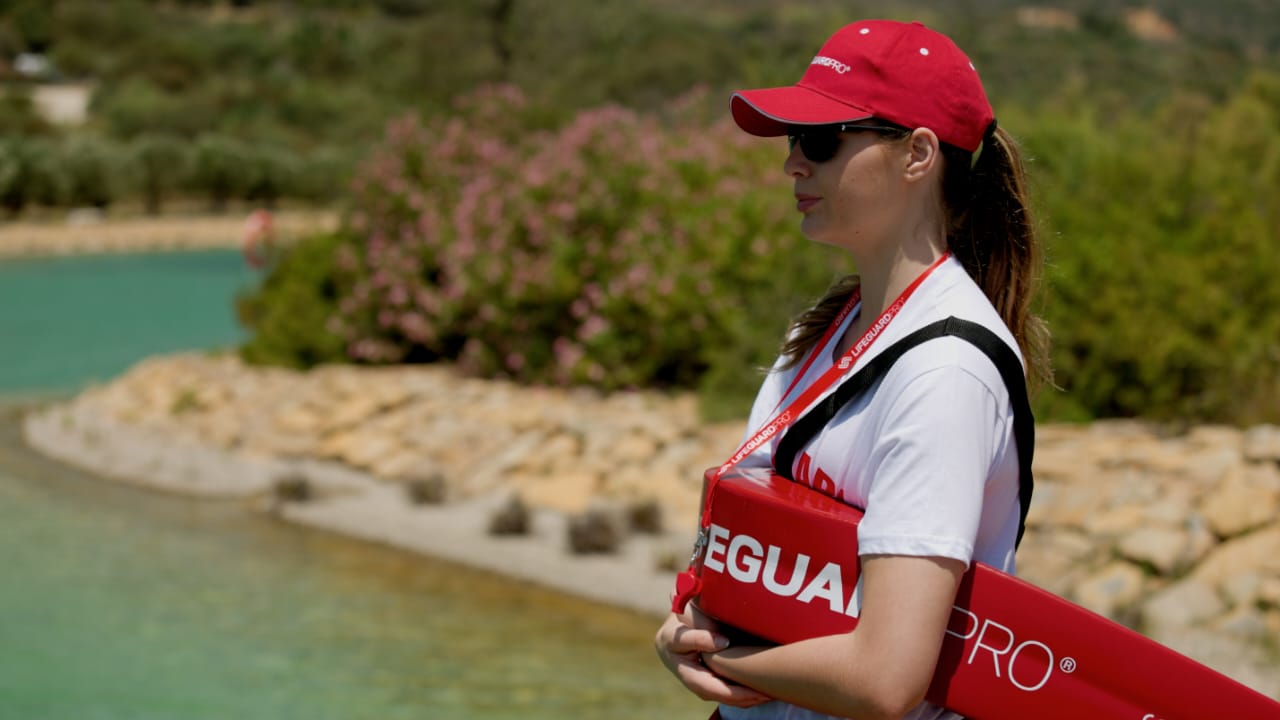Being a lifeguard is often seen as a summer job or a temporary gig for many. However, the role comes with significant responsibilities, a unique lifestyle, and a chance to make a real difference in people’s lives. Whether you’re considering becoming a lifeguard or simply curious about the profession, here’s a closer look at what life is like in this vital role.
The Training Process: Gaining Lifeguard certification
Before stepping onto the beach or pool deck, aspiring lifeguards must complete a rigorous training program to earn their American lifeguard certification. This training covers essential skills such as CPR, first aid, rescue techniques, and emergency response protocols. Most programs also include swim tests and physical fitness assessments, ensuring that candidates possess the strength and stamina needed for the job.
Lifeguard certification courses can be found in various locations, so a quick search for “lifeguard certification near me” will yield options tailored to your area. The training is both challenging and rewarding, often culminating in a hands-on simulation of real-life rescue scenarios. This preparation is vital, as lifeguards are often the first responders in emergency situations, requiring both knowledge and composure under pressure.
Daily Life on Duty: A Dynamic Environment
Life as a lifeguard is anything but monotonous. Each day brings new challenges, from managing large crowds at a busy pool to keeping watch over a tranquil beach. As a lifeguard, you’ll spend your shifts patrolling the area, scanning for potential hazards, and ensuring the safety of all guests.
This role requires constant vigilance, as accidents can happen in a split second. Lifeguards must be alert and attentive, identifying risky behaviors such as diving in shallow water, swimming in prohibited areas, or roughhousing near the pool’s edge. While many days may seem uneventful, lifeguards must always be prepared for emergencies, ready to spring into action at a moment’s notice.
Building Lifelong Skills and Relationships
Beyond the technical skills gained during training, lifeguarding offers a wealth of personal growth opportunities. Communication and teamwork are crucial aspects of the job. Lifeguards often work in teams, requiring clear and effective communication to coordinate efforts during busy periods or emergencies.
Moreover, lifeguarding can foster lasting friendships. Many lifeguards develop strong bonds with their colleagues, creating a sense of camaraderie that extends beyond the workplace. Whether you’re sharing a laugh during a quiet shift or supporting each other during a stressful rescue, these connections contribute to a fulfilling work environment.
The Importance of Public Education
Lifeguards play a vital role in educating the public about water safety. Many facilities host community events, where lifeguards lead educational sessions on topics such as swim safety, drowning prevention, and proper use of flotation devices. These initiatives are crucial in raising awareness and reducing incidents of water-related accidents.
Through these educational programs, lifeguards help instill a sense of responsibility in swimmers, encouraging them to prioritize safety while enjoying their time in the water. As a lifeguard, you’ll not only be responsible for immediate safety but also for fostering a culture of awareness and respect for water environments.
Facing Challenges: The Reality of the Job
While being a lifeguard can be rewarding, it’s not without its challenges. Long hours under the sun, dealing with difficult patrons, and responding to emergencies can take a toll on both physical and mental well-being. Lifeguards must be prepared for the emotional weight of their responsibilities, as they may witness distressing situations and be tasked with making critical decisions.
Additionally, the physical demands of the job require good fitness and stamina. Lifeguards must be prepared to swim long distances, perform rescues, and engage in physically taxing activities regularly. Many find that maintaining a regular fitness routine outside of work helps them meet these demands.
Lifeguard certification: A Gateway to Opportunities
Obtaining a lifeguard certification opens doors to various career opportunities after which many lifeguards transition to roles in aquatics management, coaching, or teaching swimming lessons. Additionally, the skills learned while lifeguarding, such as first aid and emergency response, are invaluable in many professions, making it a great stepping stone for those pursuing careers in health care, education, or public safety.
If you’re interested in pursuing this rewarding path, look for “lifeguard certification near me” to find a training program that suits your needs. The skills and experiences you gain will not only benefit you personally but can also contribute to a safer community.
Final Word: Making a Difference as a Lifeguard
Life as a lifeguard is an adventure filled with challenges, rewards, and opportunities for growth. From the rigorous training process to the dynamic work environment, lifeguards play a crucial role in ensuring the safety of others. By educating the public about water safety and maintaining a vigilant presence, lifeguards make a tangible impact on their communities.
For those seeking to embark on this journey, the American Lifeguard Association offers valuable resources and training programs that equip future lifeguards with the skills necessary for success. Whether you’re looking for a summer job or a long-term career, lifeguarding is an enriching path that offers the chance to save lives while enjoying the great outdoors.




